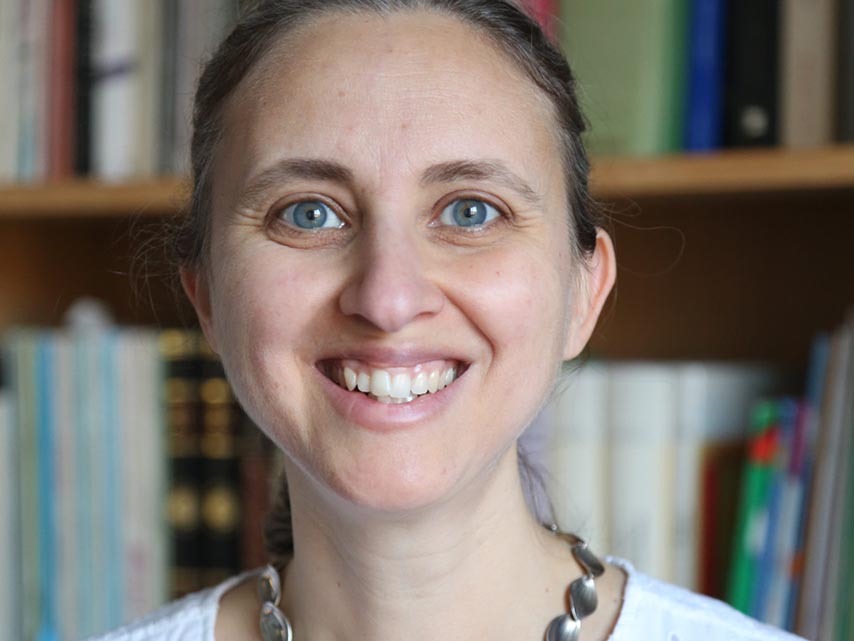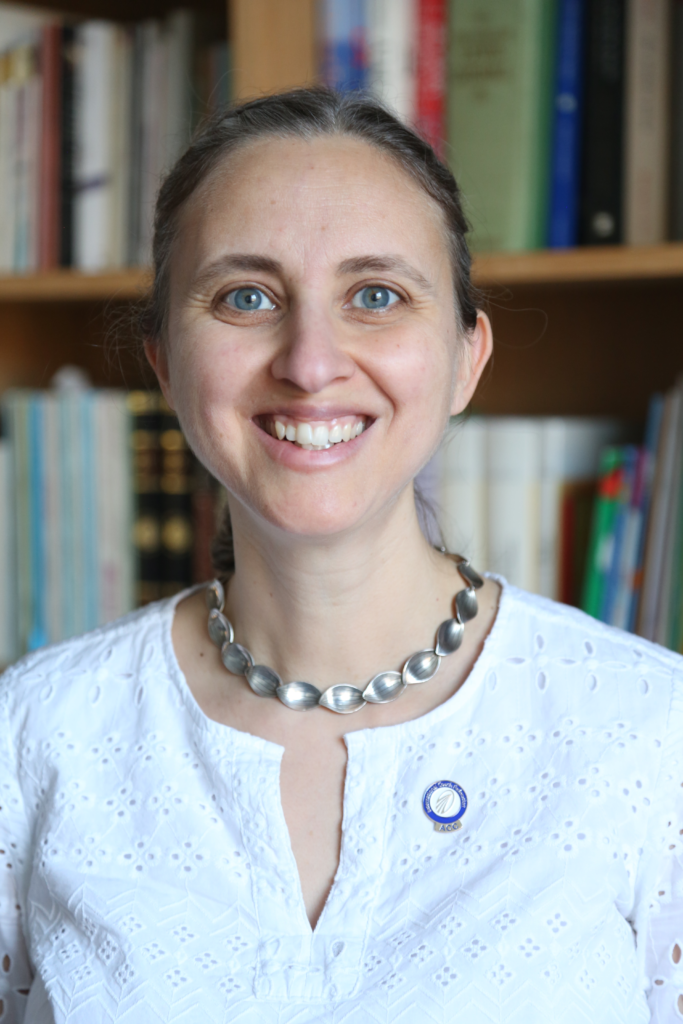Congratulations to Yassal on becoming an ICF Associate Certified Coach


In December, our colleague Yassal Sundman received her credentials from ICF and she is now an ICF Associate Certified Coach. We caught up with her to congratulate her and ask her to tell us more about the credential and what it means to her.
Congratulations on your certification!
Thank you! It was an amazing way to end a great year full of learning, insights and new experiences.
What does the certification mean to you in practice?
It helps me strengthen and improve the skills I need to work with my clients effectively as a team and organization coach. The training and certification focus on the following core competencies:
- Demonstrating ethical practice
- Embodying a coaching mindset
- Establishing and maintaining agreements
- Cultivating trust and safety
- Maintaining presence
- Listening actively
- Evoking awareness
- Facilitating client growth
Definitely skills that you need when you’re working with companies to help them achieve their goals!
The training also supports me in coaching individuals. This happens as part of my consulting contract at a company, or by coaching private clients. I work with individuals in areas such as:
- Leadership
- Goal setting
- Stress management
- Self esteem
- Relationship management
We’re actually a growing group of consultants at Crisp who have completed an accredited training program. My colleagues are:
- Michael Göthe (one of the pioneers of professional coaching in Sweden)
- Anders Laestadius
- David Barnholdt
- Mikael Brodd
- Tomas Björkholm
- Alexander Tarlinder
We’re offering a free breakfast seminar in February for people who would like to experience a 30 minute individual coaching session.
What do you need to do to become an Associate Certified Coach?
In general, it means that you’ve completed at least 60 hours of training, and have 100+ hours of practice as a coach. The certification process also includes an assessment of a coaching session and passing a coach knowledge assessment.
In practice I’ve completed two accredited programs offered by Håkan Schyllert at Leapfrog AB. The first in 2017 and the second in 2019, for a combined 120 hours of training. I have also worked with a wonderful mentor coach for the past year, Sara Widlert and attended her 3 day training in group coaching.
Can you tell us a little bit about ICF?
I’ll just quote from their website: « The International Coach Federation (ICF) is the leading global organization dedicated to advancing the coaching profession by setting high standards, providing independent certification and building a worldwide network of trained coaching professionals. »
ICF focuses on providing value for the client through coaching, which they define as: « partnering with clients in a thought-provoking and creative process that inspires them to maximize their personal and professional potential. »
What’s the difference between being an Associated Certified Coach and an Agile Coach?
Professional coaching is part of the Agile Coach’s role. You can think of it as one of the many hats that an Agile Coach has at their disposal. If I generalize, I’d say that there’s disproportionate weight given to the ‘Agile’ part of ‘Agile Coach’. Focusing on Agile methods, processes and tools gives the Agile Coach breadth. Honing the professional coaching skills are essential to the ‘Coach’ part of ‘Agile Coach’ and provide the depth needed for coaches to work with clients regardless of methodology or process.
What’s next for you?
This has always been about helping me be the best team and organization coach for my clients. I will keep working on honing my skills and gaining new ones. I’m currently taking an online course in the Science of Well-being, and will be attending a 3 day workshop on Radical Collaboration in the Spring, to name a few.
When it comes to professional coaching, I’m actively working towards the next level of certification: Professional Certified Coach. I’ve completed the basic training requirements, and will continue coaching to gain the practical coaching experience needed to become certified (500+ hours of coaching). I will also keep working with a mentor coach and attending training programs and workshops to deepen my practice.